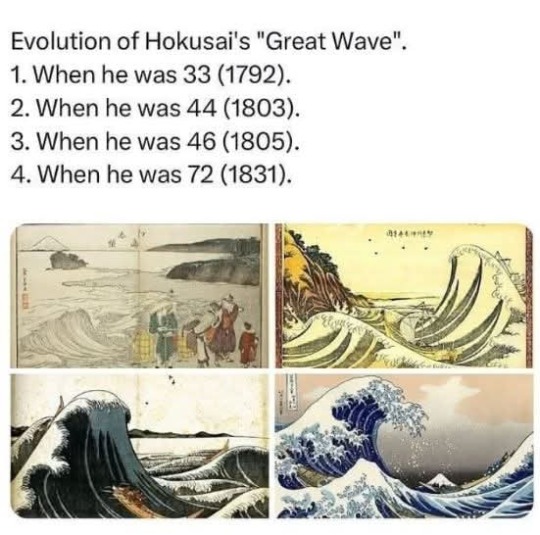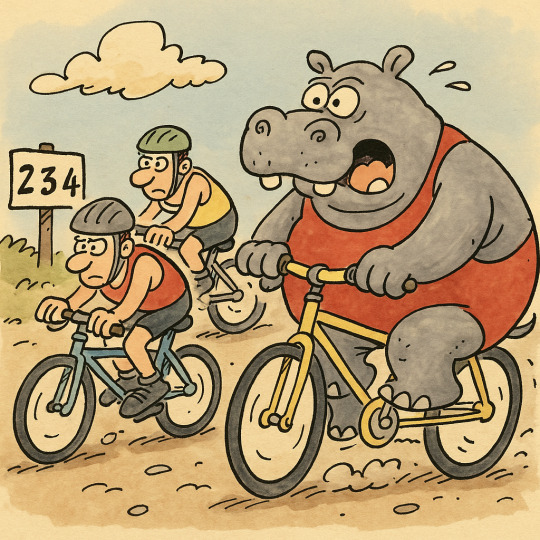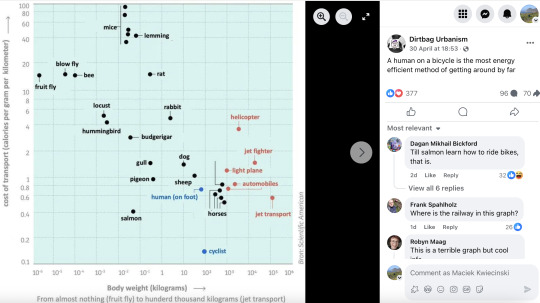#GERUND
Explore tagged Tumblr posts
Text
all the requests I got done on the plane today!









Only 9/30, but each cat takes 15-30 minutes to lineart, colour, etc.
Pretty impressive :)
#hermitblr#hermitcraft#life series smp#mcyt cats#artwork#you are not immune to the goodtimes#tango of the tek variety#hermitcraft tango#cucumber#rice boy#gerund#cats#frog draws cats#plane ride#mr goodtimes#icebound#luz noceda#the owl house#let it die#etc#etc etc
13 notes
·
View notes
Text

Keep practicing
8 notes
·
View notes
Text
i am a native english speaker. i have spoke english virtually all of my life. i just looked up "lie gerund" because i wanted to double check if it was "lying" (it is)
2 notes
·
View notes
Text
Pronoun this and pronoun that; gerunds are the most trans part of speech. You were assigned verb at birth and you identify as a noun? I respect that.
4 notes
·
View notes
Text
good idea with the QR code, but they normally need permission to load.


It’s time.
163K notes
·
View notes
Text




6 notes
·
View notes
Text
İngilizce Gerund ve Infinitive Kullanımı: Detaylı Rehber

İngilizce'de fiillerin isimleşmiş (-ing) hali olan Gerund ve mastar (to + fiil) hali olan Infinitive kullanımlarını, farklarını ve hangi fiillerle kullanıldıklarını örneklerle detaylı olarak öğrenin. https://www.fullofenglish.com/ingilizce-dilbilgisi/ingilizce-gerund-ve-infinitive-kullanimi-detayli-rehber/
#Gerund#Gerund Infinitive farkları#gerund infinitive kullanımı#Infinitive#İngilizce dilbilgisi#İngilizce fiilimsiler#ingilizce öğrenme#isim-fiil#mastar
0 notes
Text
THE IMPERATIVE MOOD AND NON-FINITE FORMS OF "TO HAVE"

The Imperative form of the verb "to have"
Affirmative Negative Have! Don't have!
The Infinitive form of the verb "to have"
in the Indefinite, Continuous, and Perfect aspects:
Aspect Infinitive Indefinite to have Continuous to be having Perfect to have had
The Gerund form of the verb "to have"
in the Indefinite and Perfect aspects:
Aspect Gerund Indefinite having Perfect having had
The Participle form of the verb "to have"
in the Present, Past, and Perfect aspects:
Aspect Participle Present having Past had Perfect having had THE IMPERATIVE MOOD AND NON-FINITE FORMS OF TO HAVE Conjugation of To Have in Perfect Tense Conjugation of To Have in Continuous Tense Conjugation of To Be in Perfect Tense Conjugation of To Be in Indefinite Tense Conjugation of to smile in Perfect Continuous Tense Form/Active Word Formation: Word derivation; Word Building in English Noun-Modifying (Adjective) Clauses Adverb, conjunction, and preposition examples Read the full article
#continuous#forms#gerund#imperative#indefinite#infinitive#mood#non-finite#participle#past#perfect#present#tohave
0 notes
Text
The Gerund
A gerund is a verb form that ends in “-ing” and functions as a noun in a sentence. It’s an essential aspect of English grammar, allowing verbs to play the role of subjects, objects, or complement to other words in sentences. Here are some key points about gerunds with examples to help illustrate their use: 1. As a Subject of a Sentence Gerunds can act as the subject of a sentence, where they…
View On WordPress
0 notes
Text
You know maybe it’s just cuz I live in the south but the sheer amount of people telling me southern accents are sexy is. Unbelievable. Have yall ever heard a southern accent? Are we talking about the same thing?
#I’d record myself speaking but no thank you#I don’t have a strong southern accent/one at all#Only when I try or say certain words#Like I’ve adopted yall and I drop the g on gerunds when I’m tired but other than that#I try to make an effort not to let my speech slip#So am I crazy or are yall crazy#Gray’s yapping again
23 notes
·
View notes
Photo

#trolleng#trolledu#speaking#reading#gerund#the gerund#preposition#adverb#prepositions activate gerunds
286K notes
·
View notes
Text
If hippos can run faster than humans on land and swim faster than humans in water, the bicycle is the only chance of beating a hippo in a triathlon.



How about a cyclist on an electric bike?
#trolleng#trolledu#trolleng's jokery#joke#jokes#funny#funny jokes for kids#jokes for kids#efl#gerund#gerunds#prepositions#preposition#collocation#collocations#beat somebody in / at something#0 conditional#conditionals#zero conditional#zero conditionals#0 conditionals#cycling#bikes#bike riding#biking#bike#bicycle#biking hacks
5 notes
·
View notes
Text
İngilizce Gerund ve Infinitive Kullanımı: Detaylı Rehber

İngilizce'de fiillerin farklı formları olan Gerund (-ing) ve Infinitive (to + fiil) kullanımı detaylıca açıklandı. Hangi durumlarda hangisinin kullanılacağı, anlam farkları ve bol örneklerle kapsamlı bir rehber. https://www.fullofenglish.com/ingilizce-dilbilgisi/ingilizce-gerund-ve-infinitive-kullanimi-detayli-rehber-2/
#fiil ing#Gerund#Gerund Infinitive farkları#Infinitive#İngilizce fiilimsiler#İngilizce gramer#ingilizce öğrenme#mastar#to fiil
0 notes
Text
Send someone/something somewhere

20K notes
·
View notes
Text
Grollis Zephyr [wiki page]
Original player for the Lift
Played for the Lift s11-s24
Gerund Pantheocide [wiki page]
Original player for the Lift
Incinerated in s21
Resurrected by playing in the Semi-Centennial
11 notes
·
View notes
Text




My darling melancholic Stolas in the wilted garden
#i’ve been thinking of this owl and his silly ‘light’ the whole day#helluva boss#stolitz#stolas#i’ve listened to the song like five times#and even taken the lines out of the new ep as examples#for my lessons#to explain gerund vs infinitive#lucifer help me
21 notes
·
View notes